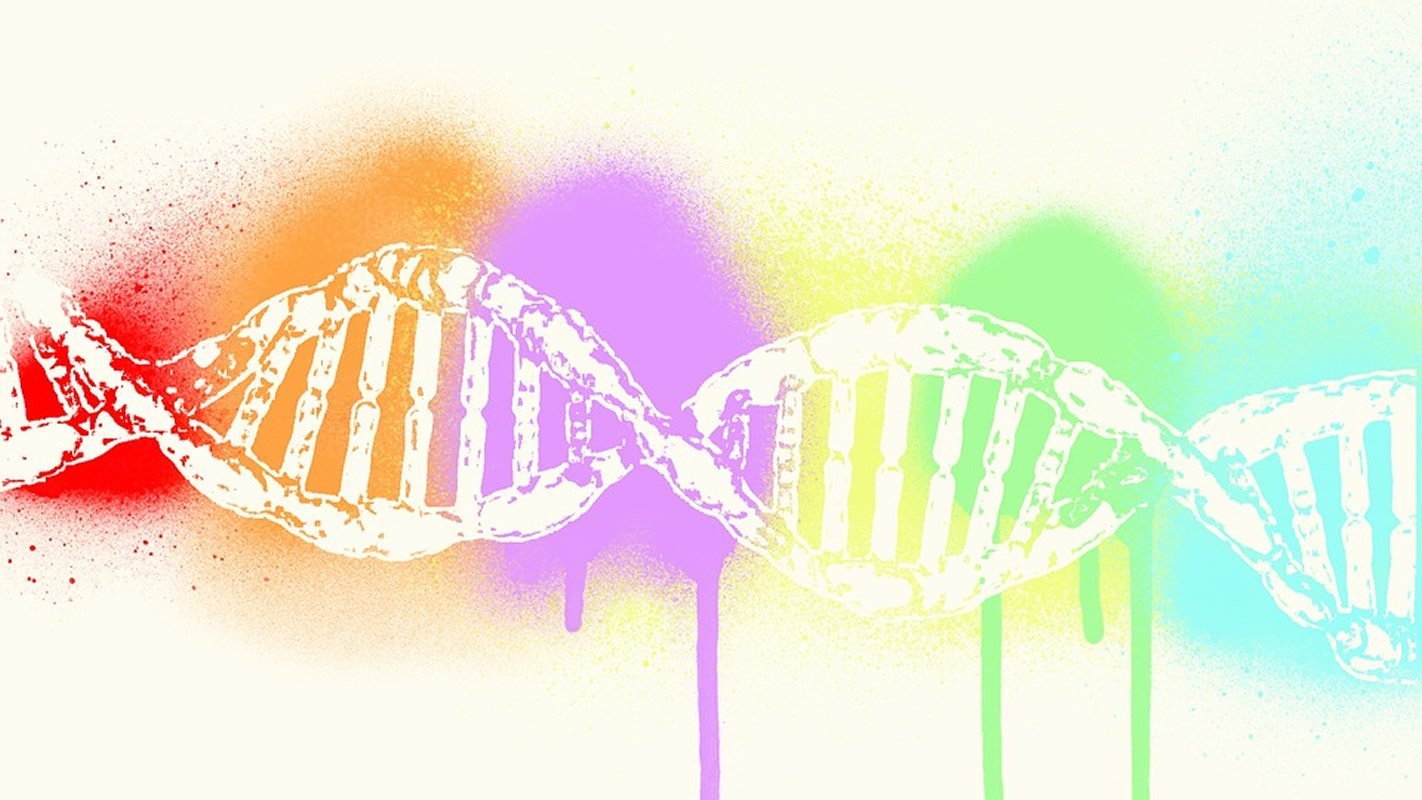Summary: Marijuana use alters a gene associated with autism in sperm. Hypomethylation was identified in the DLGAP2 gene in the sperm of male rats exposed to THC. The hypomethylated state was also detected in the forebrains of their offspring. Further research is needed to establish if there is a definitive link between paternal cannabis use and ASD in humans.
Source: Duke University Medical Center
A specific gene associated with autism appears to undergo changes in the sperm of men who use marijuana, according to new research from Duke Health.
The gene change occurs through a process called DNA methylation, and it could potentially be passed along to offspring.
Publishing online Aug. 27 in the journal Epigenetics, the researchers said the findings do not establish a definitive link between cannabis use and autism, but the possible connection warrants further, urgent study, given efforts throughout the country to legalize marijuana for recreational and/or medicinal uses.
“This study is the first to demonstrate an association between a man’s cannabis use and changes of a gene in sperm that has been implicated in autism,” said senior author Susan Murphy, Ph.D., associate professor in the Department of Obstetrics & Gynecology at Duke University School of Medicine.
Murphy and colleagues, including lead author and Ph.D. student Rose Schrott, conducted studies using human biologics and animal models to analyze differences between the sperm of males who smoked or ingested marijuana compared to a control group with no such exposures.
In earlier work, published in December, the researchers noted several gene alterations in the sperm of men who smoke marijuana. The current study homed in on specific genes, notably one called Discs-Large Associated Protein 2, or DLGAP2. This gene is involved in transmitting neuron signals in the brain and has been strongly implicated in autism, as well as schizophrenia and post-traumatic stress disorder.
“We identified significant hypomethylation at DLGAP2 in the sperm of men who used marijuana compared to controls, as well as in the sperm of rats exposed to THC compared to controls,” Schrott said. “This hypomethylated state was also detected in the forebrain region of rats born to fathers exposed to THC, supporting the potential for intergenerational inheritance of an altered sperm DNA methylation pattern.”
The Duke team found that there was a sex-based difference in the relationship between DNA methylation and gene expression in human brain tissues. In both male and female brain tissues, increased DNA methylation was associated with decreased gene activity. This relationship was strongest in females, and seemed to be less well maintained in males, though the reason for this is unknown at this time. This anomaly was notable, because the ratio of boys to girls with autism is 4:1, and there are sex differences in the neurobehavioral symptoms.
“It’s possible that the relationship between methylation and expression is modified if the methylation change we see in sperm is inherited by the offspring,” Murphy said. “In any event, it’s clear that the region of DNA methylation within DLGAP2 that is altered in association with cannabis use is functionally important in the brain.”

Murphy said the study’s sample size was small — including 24 men, half who used marijuana and half who didn’t — and could not account for confounding factors such as diet, sleep and exercise, but the findings should prompt continued research.
“Given marijuana’s increasing prevalence of use in the U.S. and the increasing numbers of states that have legalized its use, we need more studies to understand how this drug is affecting not only those who smoke it, but their unborn children,” Murphy said. “There’s a perception that marijuana is benign. More studies are needed to determine whether that is true.”
Funding: The study was funded in part by the John Templeton Foundation (60564).
In addition to Murphy and Schrott, study authors include Kelly Acharya, Nilda Itchon-Ramos, Andrew B. Hawkey, Erica Pippen, John T. Mitchell, Scott H. Kollins and Edward D. Levin.
Source:
Duke University Medical Center
Media Contacts:
Sarah Avery – Duke University Medical Center
Image Source:
The image is in the public domain.
Original Research: Open access
“Cannabis use is associated with potentially heritable widespread changes in autism candidate gene DLGAP2 DNA methylation in sperm”. Rose Schrott, Kelly Acharya, Nilda Itchon-Ramos, Andrew B. Hawkey, Erica Pippen, John T. Mitchell, Scott H. Kollins, Edward D. Levin & Susan K. Murphy.
Epigenetics. doi:10.1080/15592294.2019.1656158
Abstract
Cannabis use is associated with potentially heritable widespread changes in autism candidate gene DLGAP2 DNA methylation in sperm
Parental cannabis use has been associated with adverse neurodevelopmental outcomes in offspring, but how such phenotypes are transmitted is largely unknown. Using reduced representation bisulphite sequencing (RRBS), we recently demonstrated that cannabis use is associated with widespread DNA methylation changes in human and rat sperm. Discs-Large Associated Protein 2 (DLGAP2), involved in synapse organization, neuronal signaling, and strongly implicated in autism, exhibited significant hypomethylation (p < 0.05) at 17 CpG sites in human sperm. We successfully validated the differential methylation present in DLGAP2 for nine CpG sites located in intron seven (p < 0.05) using quantitative bisulphite pyrosequencing. Intron 7 DNA methylation and DLGAP2 expression in human conceptal brain tissue were inversely correlated (p < 0.01). Adult male rats exposed to delta-9-tetrahydrocannabinol (THC) showed differential DNA methylation at Dlgap2 in sperm (p < 0.03), as did the nucleus accumbens of rats whose fathers were exposed to THC prior to conception (p < 0.05). Altogether, these results warrant further investigation into the effects of preconception cannabis use in males and the potential effects on subsequent generations.







